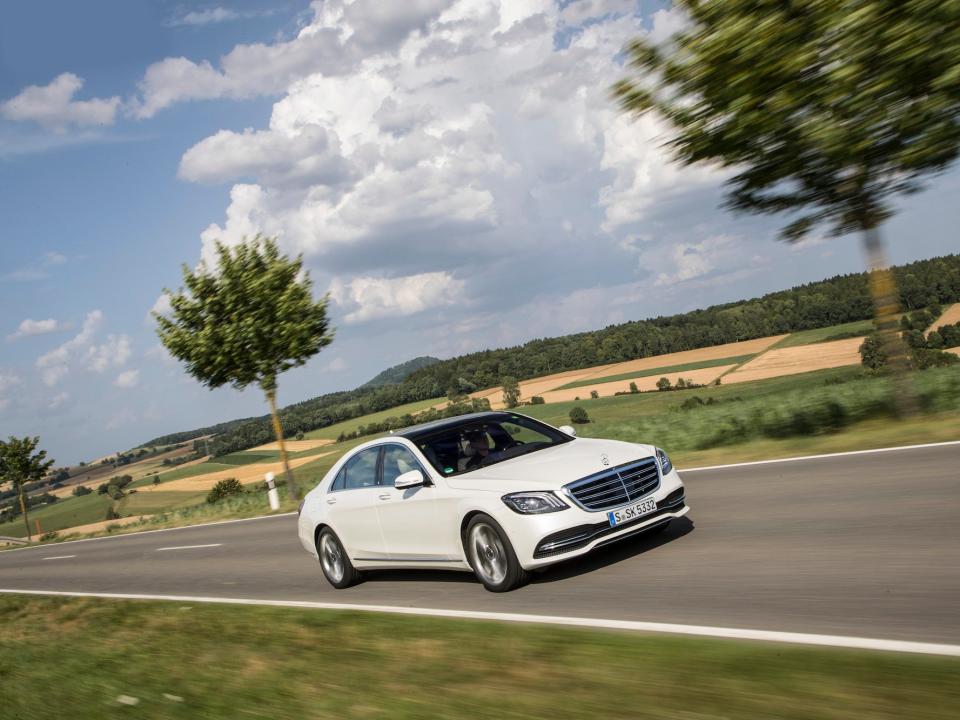Mercedes and BMW are rolling out a subscription service for cars — and it could help solve the biggest problem in the auto industry

Daimler
BMW and Mercedes are planning to test car subscription services this year.
The car industry is highly cyclical, which can result in volatility.
Auto companies hope subscription-based and other mobility services will make revenue more consistent.
The auto industry has posted strong sales numbers in recent years, which has made car manufacturers and dealerships scared about the future.
That's because the auto industry is a cyclical business and the industry is bracing for a downturn.
But the auto industry thinks it might have the solution to its boom-or-bust nature: car subscriptions. Under this model, consumers would pay a subscription fee each month for the right to use a certain brand's vehicles. Instead of buying a new car every few years, customers would pay car companies every month, which could make revenue more stable for manufacturers.
Brands like Cadillac, Lincoln, Porsche, and Volvo have tested subscription services in recent years, and BMW and Mercedes are set to join them this year, according to Automotive News. While neither brand has released details of what the services will look like, each hopes to test them on a limited basis to determine their long-term viability.
In general, automakers see mobility services like ride-sharing, car subscriptions, and deliveries as a growing business opportunity.
In January, Ford announced at the Consumer Electronic Show that it was building a platform that will let small businesses use its autonomous vehicles to deliver goods and services. Ford CEO Jim Hackett told Business Insider that this new delivery business, along with a ride-hailing service, will help the company generate a consistent revenue stream.
"It's perfect as an adjacent capability for us," Ford CEO Jim Hackett told Business Insider at CES. "This business, which is as big as any industries in the world, gets dinged from a price-earnings perspective because it's cyclical. That will probably even this out because in a downturn, smart cities and smart vehicles don't dissipate, so the revenue follows from all that will still be there, so that is why it's attractive."
Auto industry executives aren't the only ones who are optimistic about a subscription-based future. A 2016 report from the consulting firm McKinsey & Company predicted that "on-demand mobility services and data-driven services" like subscriptions, ride-hailing services, and remote software upgrades could create $1.5 trillion in additional revenue for the industry in 2030.
An earlier version of this story incorrectly stated McKinsey & Company's projected revenue for "on-demand mobility services and data-driven services" in 2030 as $1.5 million.
NOW WATCH: Check out these unique bikes if you're looking for an upgrade
See Also:
BMW claims its upcoming Tesla rival will have almost double the range of a Model 3
Mercedes-Benz updated one of its most legendary vehicles — and it looks impressive
SEE ALSO: Check out all the cool cars at the 2018 Detroit Auto Show

 Yahoo Finance
Yahoo Finance 
